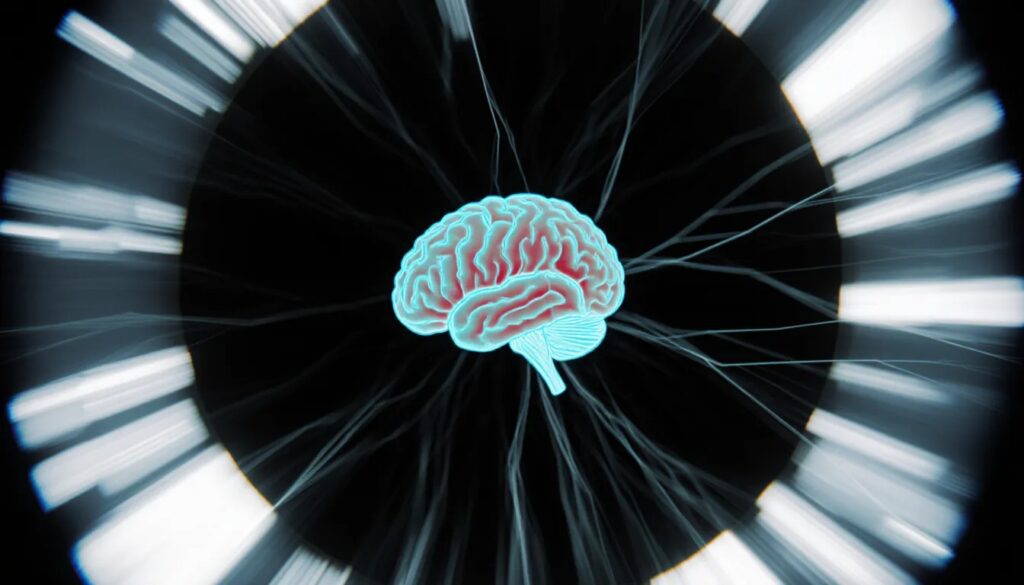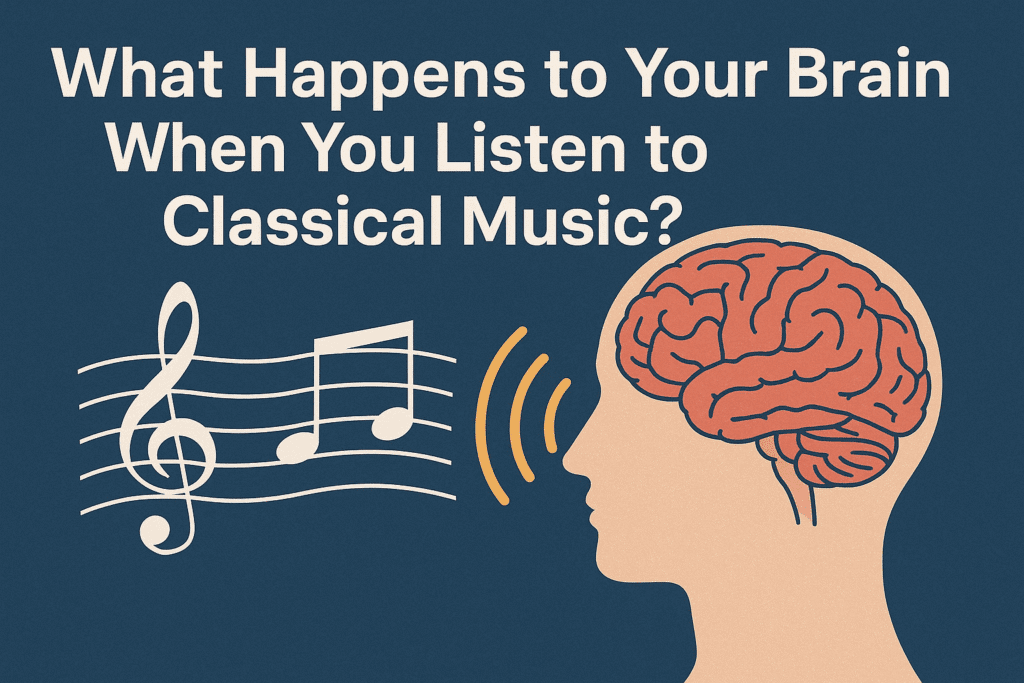Understanding the Effects of Classical Music on the Brain
Classical music has long been associated with peace, creativity, and emotional wellness. But what truly happens inside your mind when you tune in to Mozart, Beethoven, or Chopin? The effects of classical music on the brain are deeper than most people imagine. Research shows that classical compositions activate multiple brain regions at the same time — enhancing memory, reducing stress, improving focus, and boosting emotional health. Whether you’re a student, musician, or simply someone who enjoys soothing melodies, these effects are truly fascinating.
1. Effects of Classical Music on the Brain Boosting Activity

When you listen to classical music, your brain becomes more active and engaged.
Elements like rhythm, harmony, and melody stimulate areas responsible for memory, decision-making, and emotional awareness.
Why this matters:
Your brain becomes more alert
Thinking and processing become faster
Learning efficiency increases
This is why classical music is often used during study sessions and productivity routines.
2. Effects of Classical Music on the Brain Reducing Stress and Anxiety

One of the most powerful effects of classical music on the brain is stress reduction.
Slow, calming compositions by Mozart, Debussy, or Chopin lower cortisol levels — the hormone linked to stress and anxiety.
Benefits:
Creates a calming mental state
Reduces blood pressure
Helps balance emotions
Many hospitals now include classical playlists in therapeutic routines to help patients relax.
3. Classical Music Improves Memory and Concentration

Baroque classical music (60–70 BPM) is known to improve memory and concentration.
Its steady tempo helps your mind stay relaxed yet focused, making it ideal for tasks that require attention.
Perfect for:
Students
Readers
Writers
Professionals
This effect is also linked to the popular “Mozart Effect,” which suggests classical music can temporarily enhance cognitive performance.
4. It Stimulates Creativity

Classical music helps your brain shift into the “alpha state,” a mental mode associated with imagination and creative flow.
How it helps:
Sparks new ideas
Opens fresh thinking pathways
Supports artistic expression and problem-solving
This is why many creators play classical music during design, writing, or brainstorming sessions.
5. Classical Music Can Improve Sleep Quality

Soft classical pieces lower heart rate and calm the mind.
Listening for 20–30 minutes before sleep has been proven to improve sleep quality.
Best for sleep:
Beethoven’s Moonlight Sonata
Chopin Nocturnes
Satie’s Gymnopédies
6. Classical Music Supports Emotional Healing

Classical music can evoke powerful emotional responses — joy, hope, nostalgia, and peace.
This emotional stimulation helps regulate mood and provides support during emotionally difficult moments.
Therapists and wellness centers often use classical music as part of healing routines.
7. It Strengthens Brain Connectivity Over Time
Long-term listening to classical music improves communication between different parts of the brain.
Think of it as a workout for your mind — strengthening pathways and improving emotional balance.
Long-term benefits:
Better emotional control
Stronger brain connectivity
More resilience against stress and fatigue
From boosting focus and reducing stress to enhancing creativity and emotional healing, the effects of classical music on the brain are powerful and scientifically supported.
Whether you’re looking to relax, boost productivity, or nurture your emotional health, classical music is a simple and effective tool you can rely on.
Start exploring classical playlists and let your brain experience the true magic of music.
Intersted in learning music with us? Register now
For more information and exciting resources about learning music, visit our website at The Mystic Keys. For more music content and exciting offers follow us on
Facebook, Instagram, YouTube, LinkedIn, Twitter, Pinterest, and Threads.








